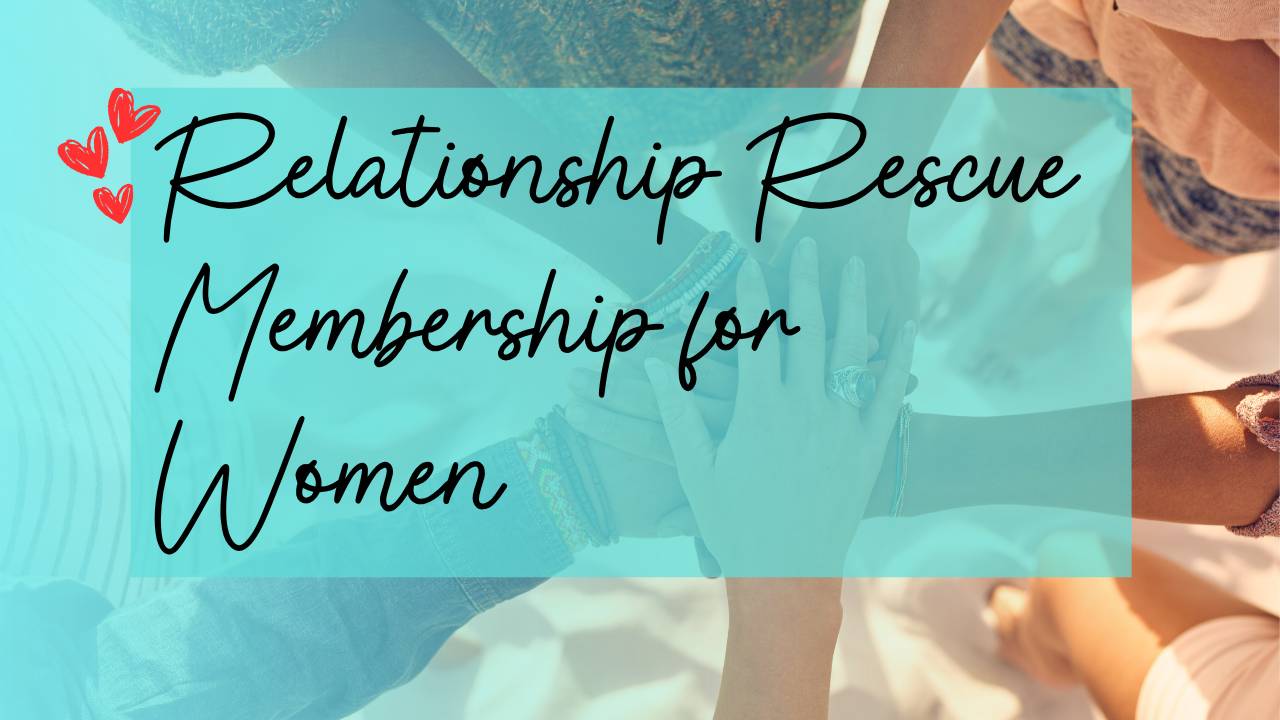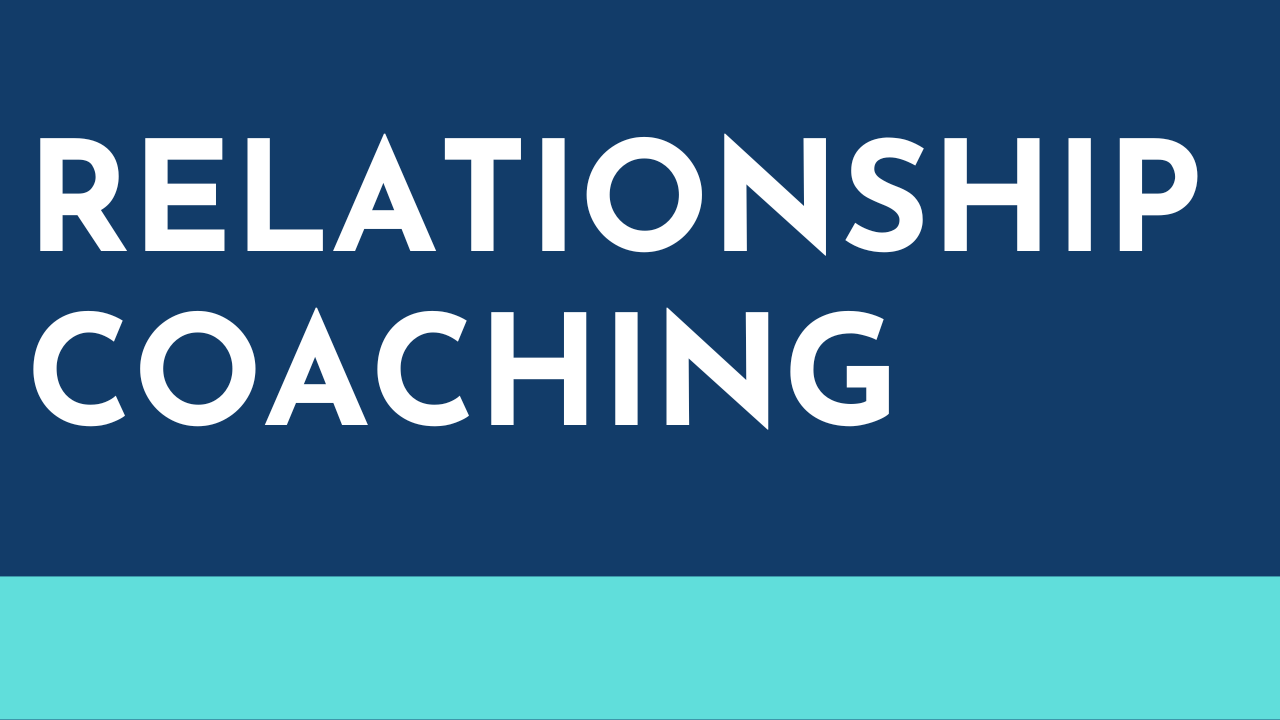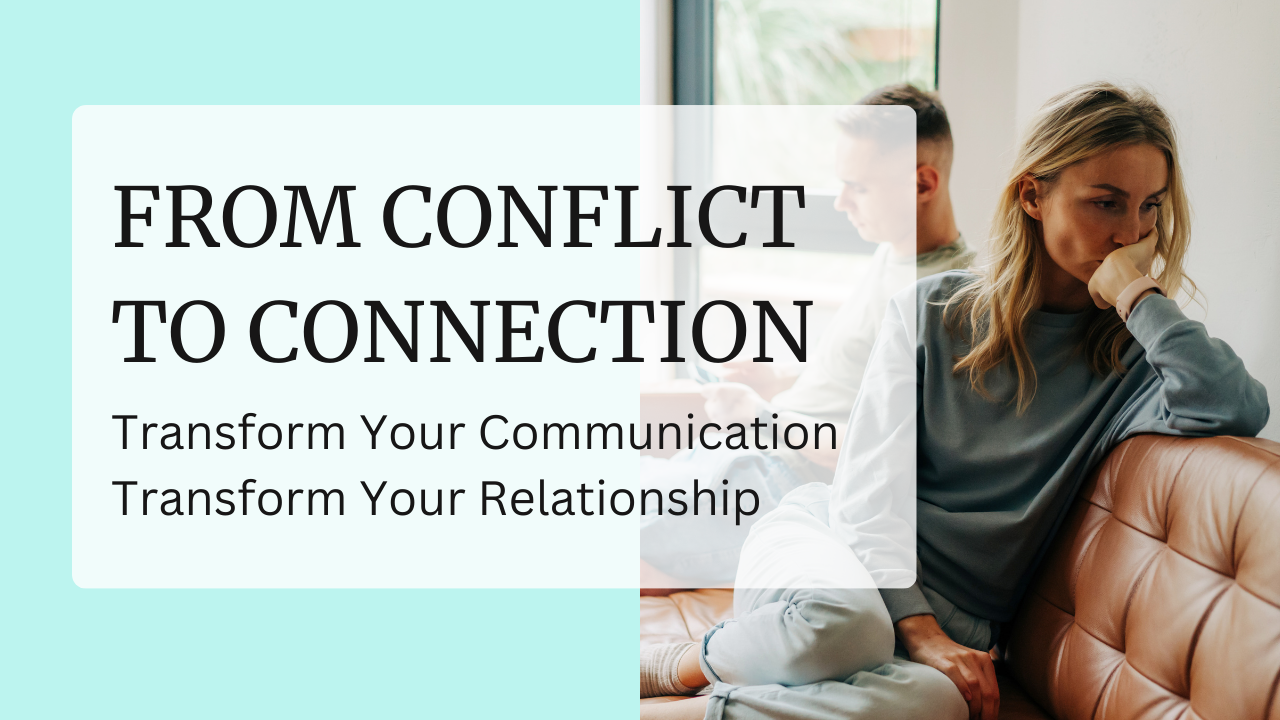13. Got Resentment? How It's Hurting Your Relationship....
Hi, I'm Karyn, your Relationship Coach and couples therapist with A Better Relationship Coaching. And today I wanted to talk about resentment. I kind of started this conversation a little bit last week when we were talking about grudges and our relationship and how we hold grudges against our partner. And today, I really wanted to go further and talk about what that actually does when we don't address those grudges and it really turns into resentment.
So really the source of resentment is when we have things that we want or need from a relationship and they're not being met, or if something has happened and we were not happy about it, we were upset about it and we didn't address it. And we just kind of were like, well, I'm going to let it go. And some things we can let go. I'm a I'm a big fan of if you can let it go, let it go. But if you can't really be at one with the situation and you're still upset about it after time, then it's not something you can let go and you really should talk about it before it turns into this resentment and later have a bigger impact on your relationship.
So the reason I say that resentment is a relationship killer is because when we start to harbor resentment towards our partner, what happens is we create emotional distance in our relationship, right? We can maybe withdrawal or we can maybe attack more easily. You might have this coming out as like criticism or like this underlying nitpicking or like contempt towards your partner that is really related to this thing that happened that was never resolved, you know, satisfactorily or like that you just aren't happy with how that situation played out in your holding on to that and that reason, that meant, you know, I seen resentment, you know, last for years and years.
The other thing about resentment is it starts with one thing. And when it's not addressed, then there is a tendency to build on top and more resentment and more resentment, and it just kind of layers on top of layers of resentment. And eventually it just can look like people living together, feeling angry towards each other all the time, and you know, feeling like their needs are never met, their needs are never heard, and they're not even wanting to bother trying to work on it, because the resentment and that anger and dissatisfaction is so deep.
That's not to say that you can't work through it, because you certainly can, but the better thing to do is to deal with these things as they come up. So when you notice that you're starting to feel upset with your partner, you know, "for no reason", but really, there's this thing that's happened that you're just really still upset about. Go ahead and and address that. Even if it's been a week or two weeks or whatever it's been, we don't want those things to turn into aggressiveness, that criticism, that passive aggressiveness, and that withdrawal that we see when resentment starts to sit in the relationship.
And sometimes your partner doesn't even know you're upset about something, they just know something's wrong. And if you are able to talk to them about it, you know you can really have an opportunity to come together closer than you would have otherwise if you hadn't mentioned it.
So what I really recommend is if you it's it's hard for a couple to communicate about things. I recommend really recommend for most of my, or all of my couples really, to do check-ins- pretty regular check ins. How are things going? Do we need to talk about anything? It really gives you a set time to bring out any issues that maybe have been going on that haven't been addressed. You don't have to do them every day, but I recommend a couple of times a week. And yeah, sometimes for some couples it works to just check in super quick every day. And some people don't need to do it that often. They do it once a week or whatever it is, you know, helpful for that couple. But if you feel like you have a hard time coming to each other and communicating about things, I do think it's helpful to do these check-ins more frequently.
So I think that's probably the most helpful thing. And then also just kind of in general, having that environment of open communication and setting it up so that you can talk to your partner and they're not going to judge you or be defensive about things, and they can talk to you and you're not going to be defensive about things either. This really goes to the importance of having a safe space for having these open, open conversations with each other. That is really going to go a long way to helping avoid this resentment that just kind of sits in settles in, it can really have a huge impact on your relationship long term if it's not addressed.
All right. So that is it for today. I hope this was helpful. Until next time, take care of yourself and take care of each other. Thanks.



